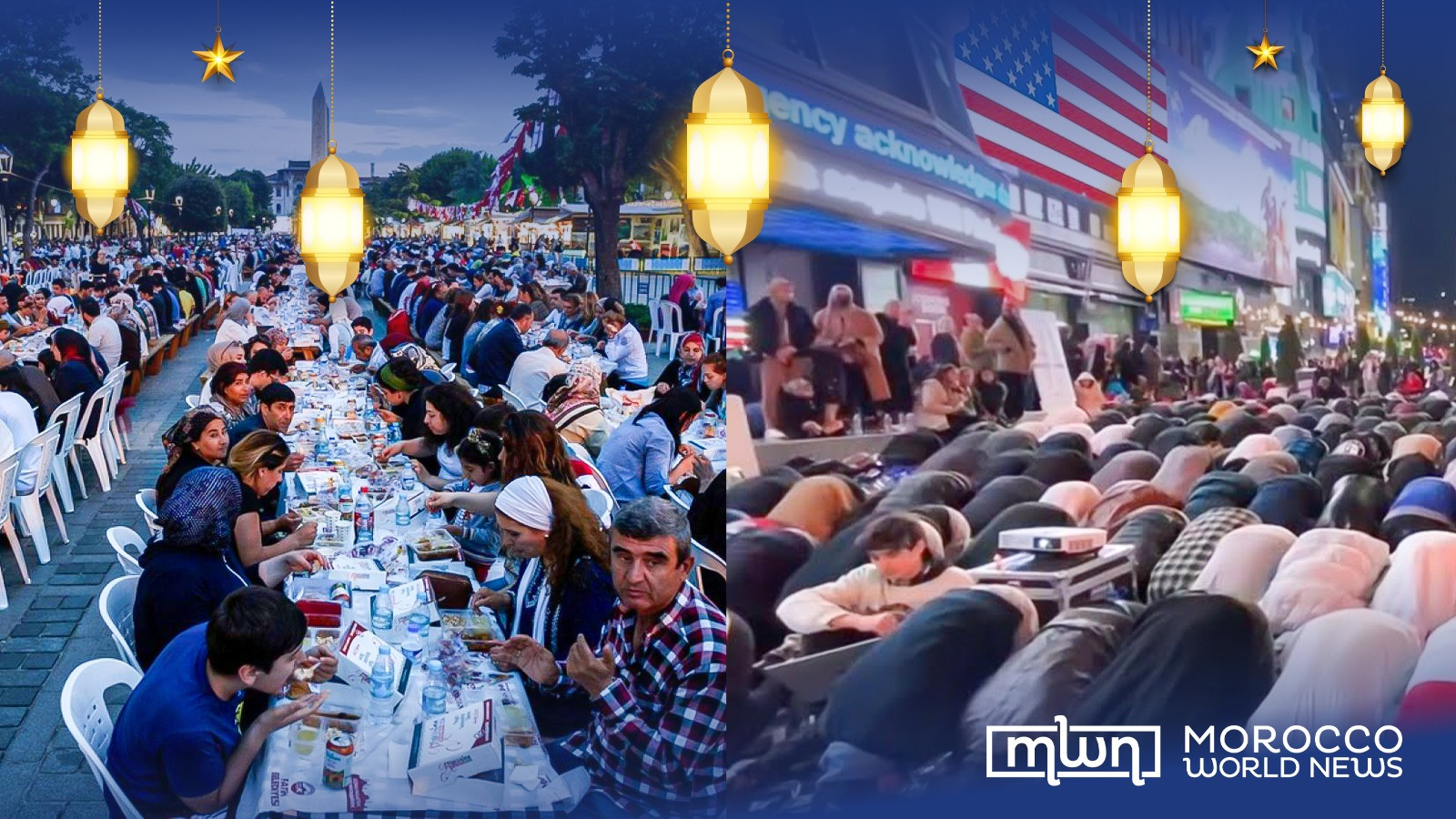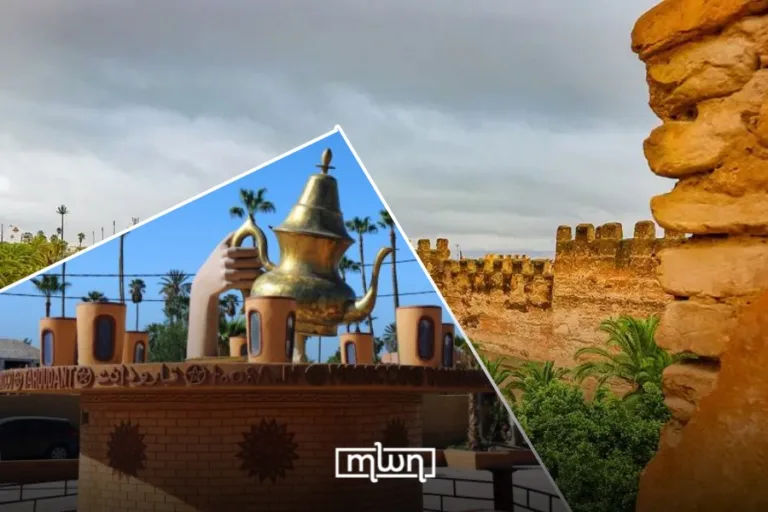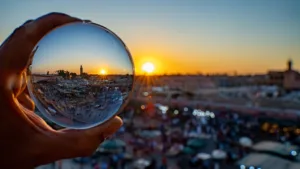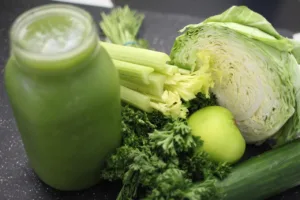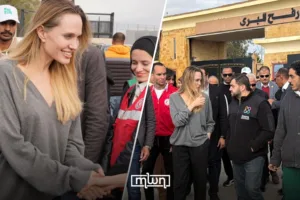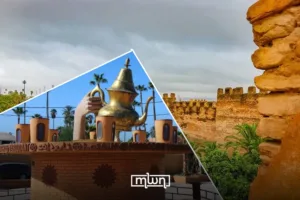Ramadan may be an unfamiliar concept for non-Muslims, especially those living in an area or a city with a small Muslim community. But in Islam, Ramadan is the most important month of the year. Equally, it can be an opportunity for other religions and cultures to learn about the unique month and what makes it so special.
This year in Morocco, Ramadan is expected to begin on the evening of Thursday, March 23, and conclude on Thursday, April 20.
A crescent moon determines when Ramadan commences and concludes, but it varies due to time zone differences. Usually, a government agency in a country makes the official announcement.
The holy month of Islam is observed by Muslims worldwide as followers participate in fasting, increased prayer, and other traditional activities during the sacred month.
Here is a breakdown of everything one must know about Ramadan:
Roots of Ramadan
Ramadan is one of the five pillars of Islam and symbolizes the month that the first chapters of the Quran were revealed to the Prophet Muhammad by the angel Gabriel.
While the exact date of this transfer is unknown, scholars believe it happened during one of the last ten days of the month, known as Laylat al-Qadr (night of power). This is believed to be in 610 CE.
The word Ramadan originates from the Arabic language root “ramad” and directly translates to “scorching heat” or “dryness,” hence the practice of fasting and the introduction to the warmer months.
Read Also: 10 Things to Know About Ramadan
Fasting
During Ramadan, Muslims begin their fast at sunrise and conclude their fast during sunset. All eating and consumption of liquids and medicine are prohibited during this time.
In many smaller neighborhoods, a bell sound will ring, signaling the fasting period. Sometimes in the morning, this sound can be drums or chimes.
Fasting is proven to have multiple health benefits, including lower cholesterol levels, allowing the body to absorb more nutrients, and the detoxification of the digestive system.
Read more: Five Healthy Tips to Implement into Your Lifestyle This Ramadan
While all Muslims are expected to fast, children, the elderly, anyone sick, pregnant women or women on their menstrual cycle are exempt from fasting. However, they must make up for the days lost before the next Ramadan.
Celebrations
Ramadan is a time for Muslims to celebrate their faith and relationships with their friends and family.
“Iftar” is the daily celebration of breaking fast, which begins at sunset. Muslims often begin Iftar by eating dates to restore blood sugar levels alongside a glass of water. In Morocco, the famed tomato-lentil Harira soup is often served at the table during Iftar.
Read Also: Favorite Moroccan Dishes to Try This Ramadan
An additional dinner is usually prepared following Iftar, and the eating and snacking continue before the sun rises. Ramadan-exclusive television is also enjoyed during Iftar.
The largest celebration during Ramadan is Eid al-Fitr which commemorates the end of the holy month and the practice of fasting. The concluding celebration typically lasts three days, and Muslims celebrate by gift giving, homemade baked goods, new clothes, praying at mosques, and visiting ancestors’ graves.
Should Tourists Visit during Ramadan?
Non-Muslims may wonder if they should visit Morocco during Ramadan. The answer is yes, but keep a few things in mind:
During Ramadan, there is a slow start to the day as many Muslims become night owls during the holy month. This may result in different operating hours for businesses. It is also recommended not to eat or drink publicly, instead, tourists are advised to eat inside at open restaurants or buy food items and store them in their accommodation. In touristy areas, many restaurants will remain open and tours and excursions will operate normally.
Ramadan gives tourists and non-Muslims a perspective on Islam’s holiest month and can provide a more memorable experience in Morocco.
Routines and Rituals
Ramadan is a time for Muslims to self-reflect and reconnect with God. Increased prayer, abstinence from sexual activities during fasting, and giving to the less fortunate are encouraged throughout the month.
It is also suggested that individuals abstain from smoking, cursing, gossiping, and lying. While fasting physically purifies the body, engaging in holy behavior and performing good deeds purifies the mind.
Read more: Morocco’s Government Vows to Tackle Price Increases Ahead of Ramadan

